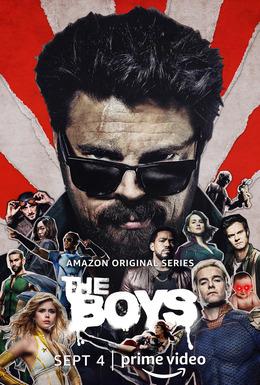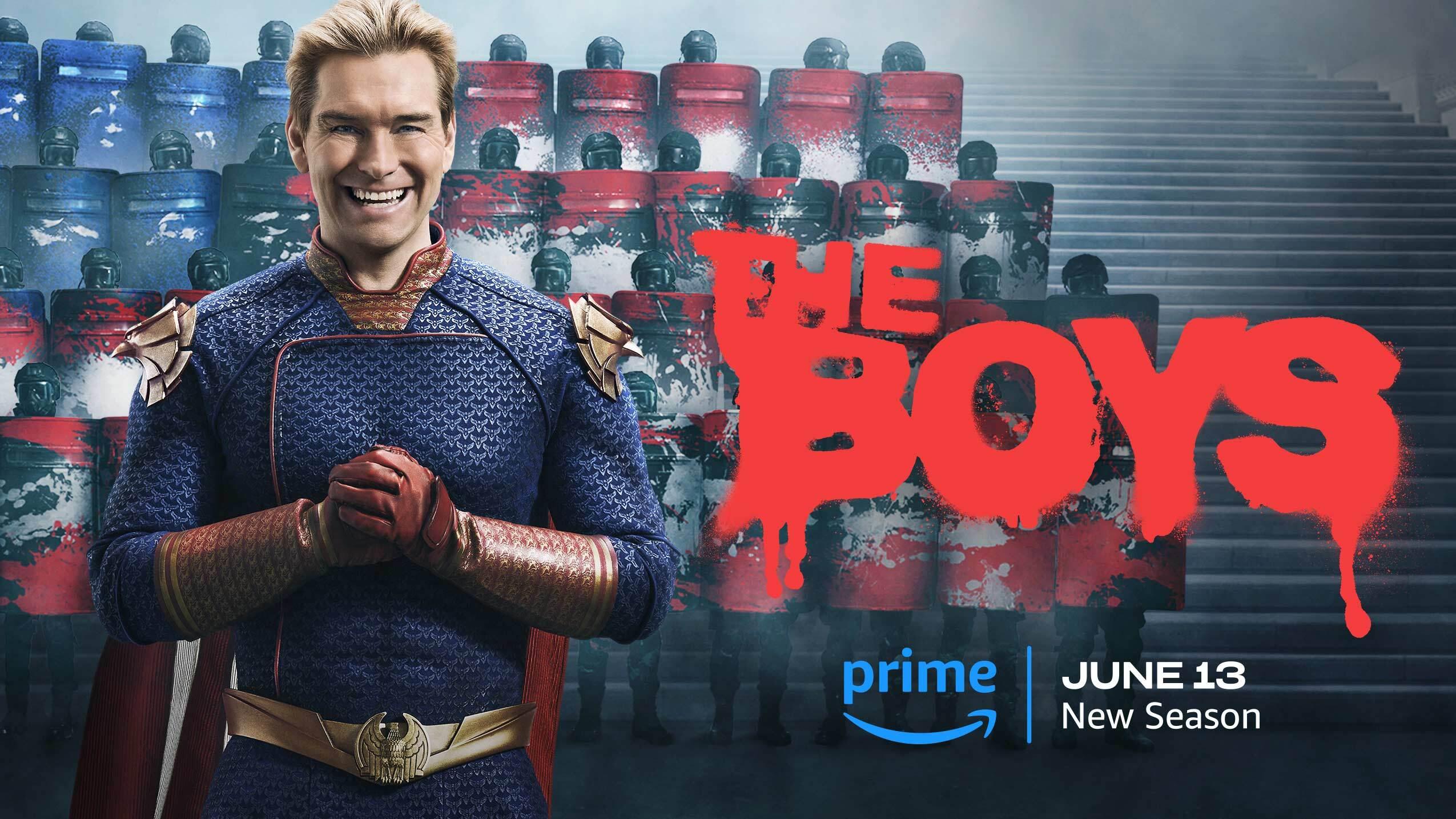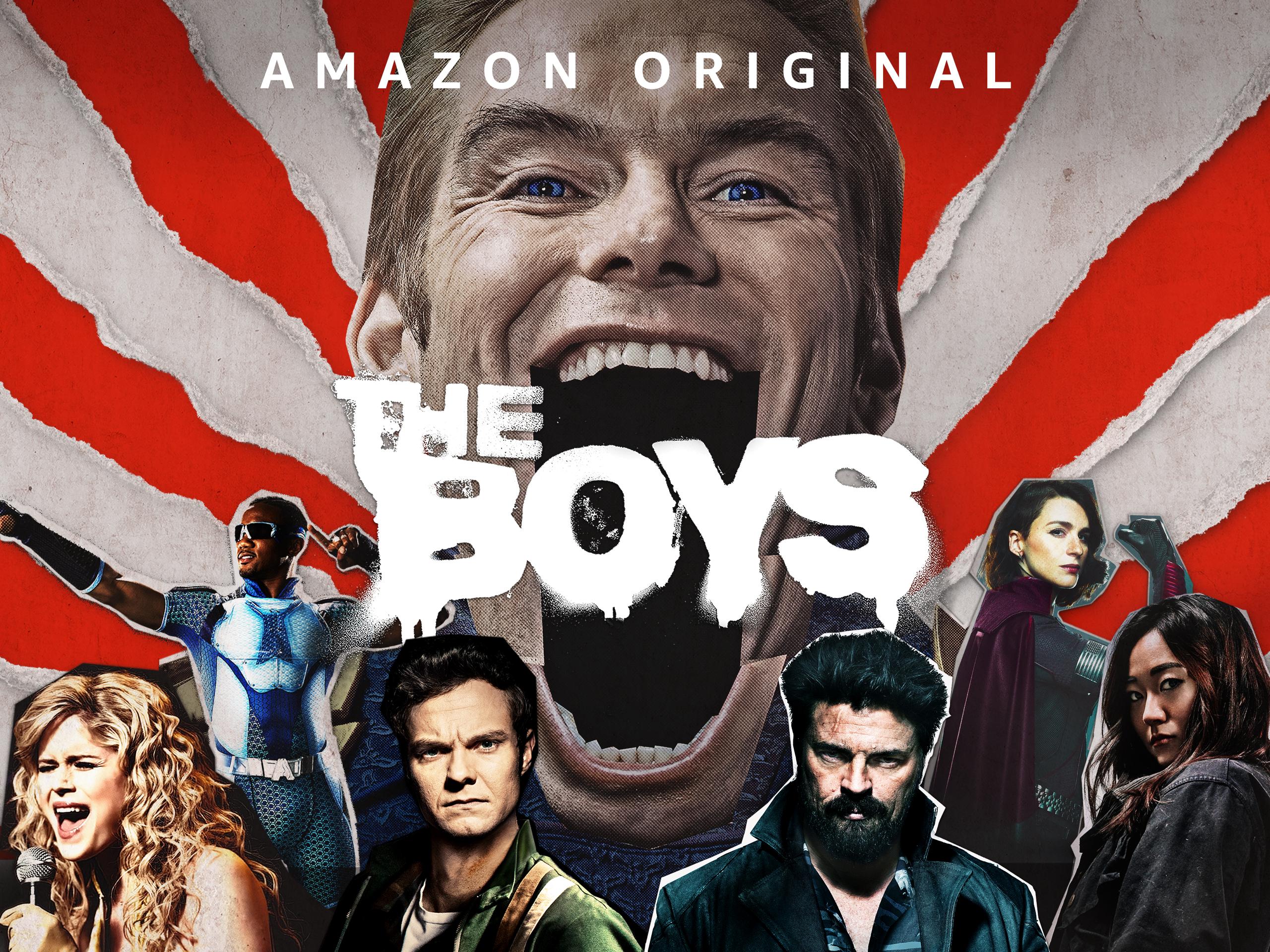In recent years, the superhero genre has been inundated with formulaic narratives and predictable character arcs, often adhering to a moral binary that leaves little room for nuance. Enter “The Boys,” a groundbreaking series that upends these conventions through its incisive use of satire and social critique. By peeling back the glossy veneer of heroism, “The Boys” offers a raw and unflinching exploration of power, corruption, and societal values, challenging audiences to reconsider the archetypal constructs of good versus evil. This article delves into how “The Boys” redefines the superhero genre, pushing boundaries and provoking thought through its daring narrative and bold commentary on contemporary issues.
Exploring the Subversion of Traditional Superhero Tropes
The world of superheroes has long been characterized by unwavering morals, clear distinctions between good and evil, and larger-than-life figures dedicated to saving humanity. However, The Boys turns these conventions on their head, presenting a universe where heroes are often deeply flawed, driven by selfish motives, and even downright villainous. This satirical series takes a critical look at the superhero archetype, challenging the notion of the infallible hero through a lens of realism and social commentary.
- Corruption and Power: The series explores how unchecked power can lead to corruption. Superheroes in The Boys are not immune to human weaknesses, reflecting real-world issues of authority and influence.
- Corporate Control: By highlighting the role of corporate interests in the superhero world, the show critiques the commercialization of heroism, suggesting that profit often outweighs genuine altruism.
- Human Flaws: Characters are portrayed with complex personalities, emphasizing that even those with extraordinary abilities are not above moral failings.
Through its unflinching satire, The Boys dismantles the pristine image of superheroes, offering a gritty, realistic take that resonates with contemporary audiences. The show invites viewers to question the narratives they have been fed about heroism, making it a groundbreaking addition to the genre.
Analyzing the Role of Satire in Deconstructing Power Dynamics
Satire serves as a powerful tool in deconstructing entrenched power dynamics, and The Boys employs this technique masterfully to critique the superhero genre. By juxtaposing the mythic allure of superheroes with their often morally ambiguous actions, the series exposes the darker facets of power. The show portrays superheroes as corporate puppets, emphasizing the exploitation and manipulation inherent in capitalist systems. Through this lens, it challenges the traditional narratives of heroism, questioning who truly benefits from these power structures.
- Corporate Control: The superheroes in The Boys are products of a profit-driven conglomerate, highlighting the commodification of heroism.
- Public Perception vs. Reality: The show satirizes the discrepancy between the public’s idolization of heroes and their often sinister private actions.
- Power and Corruption: By illustrating how power corrupts, the series critiques the unchecked authority often granted to figures of influence.
Through its biting satire, The Boys dismantles the glorified image of superheroes, urging viewers to reconsider the power dynamics at play within the genre and beyond. By holding a mirror to society’s blind spots, the series becomes a vehicle for social critique, prompting critical reflection on the nature of power and its impact on the world.

The Impact of Social Critique on Audience Perception
In today’s media landscape, where superheroes are often depicted as paragons of virtue, The Boys turns the genre on its head by employing a sharp social critique. This Amazon Prime series strips away the glossy veneer of superheroism to expose the murky underbelly of power and corruption. Through its satirical lens, the show challenges the audience’s perception of heroism, compelling viewers to question the morality and ethics of those who hold extraordinary power. By doing so, it not only entertains but also invites critical reflection on real-world issues, such as corporate greed and the influence of media on public perception.
- Corporate Power: The series portrays superheroes as assets owned by a powerful corporation, highlighting the commodification of heroism.
- Media Manipulation: Through its narrative, the show critiques how media narratives can be shaped to control public perception, drawing parallels to real-world media dynamics.
- Flawed Heroes: By presenting superheroes with human flaws and moral ambiguities, it subverts the traditional black-and-white morality often seen in the genre.

Recommendations for Engaging with Complex Narrative Themes
Engaging with the intricate narrative themes presented in “The Boys” requires a keen eye for both satire and social commentary. To fully appreciate the layered storytelling, viewers should first consider the subversion of traditional superhero tropes. The series deliberately flips the archetypal narrative, presenting heroes who are morally ambiguous or outright corrupt. This reversal not only entertains but also invites critical thinking about the real-world implications of unchecked power.
- Explore Character Motivations: Dive deep into the personal histories and motivations of key characters. Understanding their backgrounds provides insight into their complex relationships and ethical dilemmas.
- Analyze the Satirical Elements: The show’s satire targets various aspects of society, including corporate greed and media manipulation. Identifying these elements can enhance the viewing experience and spark meaningful discussions.
- Reflect on Social Critique: Consider how “The Boys” mirrors real-world issues such as celebrity culture and political influence. These themes encourage viewers to reflect on societal norms and question the status quo.
By actively engaging with these themes, viewers can appreciate the depth and ingenuity of “The Boys” as it redefines the superhero genre. Embracing a critical perspective allows for a richer understanding of the show’s narrative and its commentary on contemporary society.
Final Thoughts
“The Boys” stands out as a pivotal work in redefining the superhero genre through its incisive satire and sharp social critique. By subverting traditional superhero tropes, the series challenges audiences to reconsider the role of power, corruption, and morality in a society enamored with the myth of the infallible hero. Its unflinching portrayal of flawed characters and institutions serves as a mirror reflecting the complexities and contradictions of contemporary culture. As the genre continues to evolve, “The Boys” remains a compelling reminder of the potential for storytelling to not only entertain but also provoke meaningful discourse on the societal issues that shape our world. Whether one views it as a bold deconstruction or a necessary evolution, the series undeniably leaves a lasting impact on the landscape of superhero narratives.
